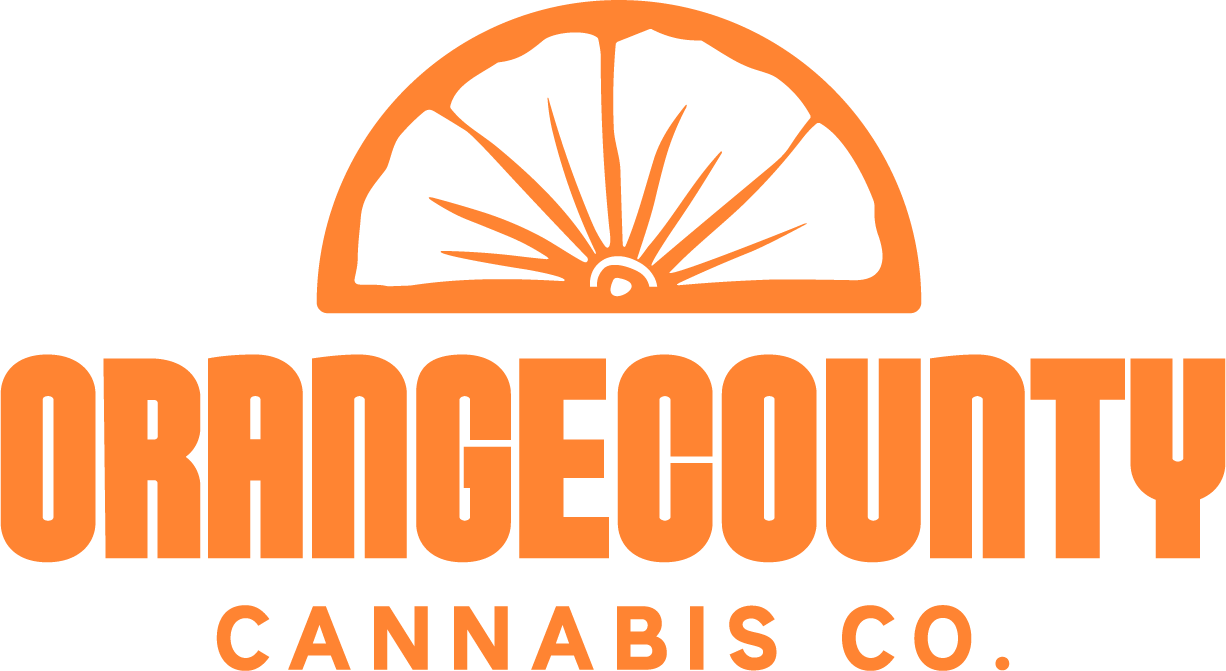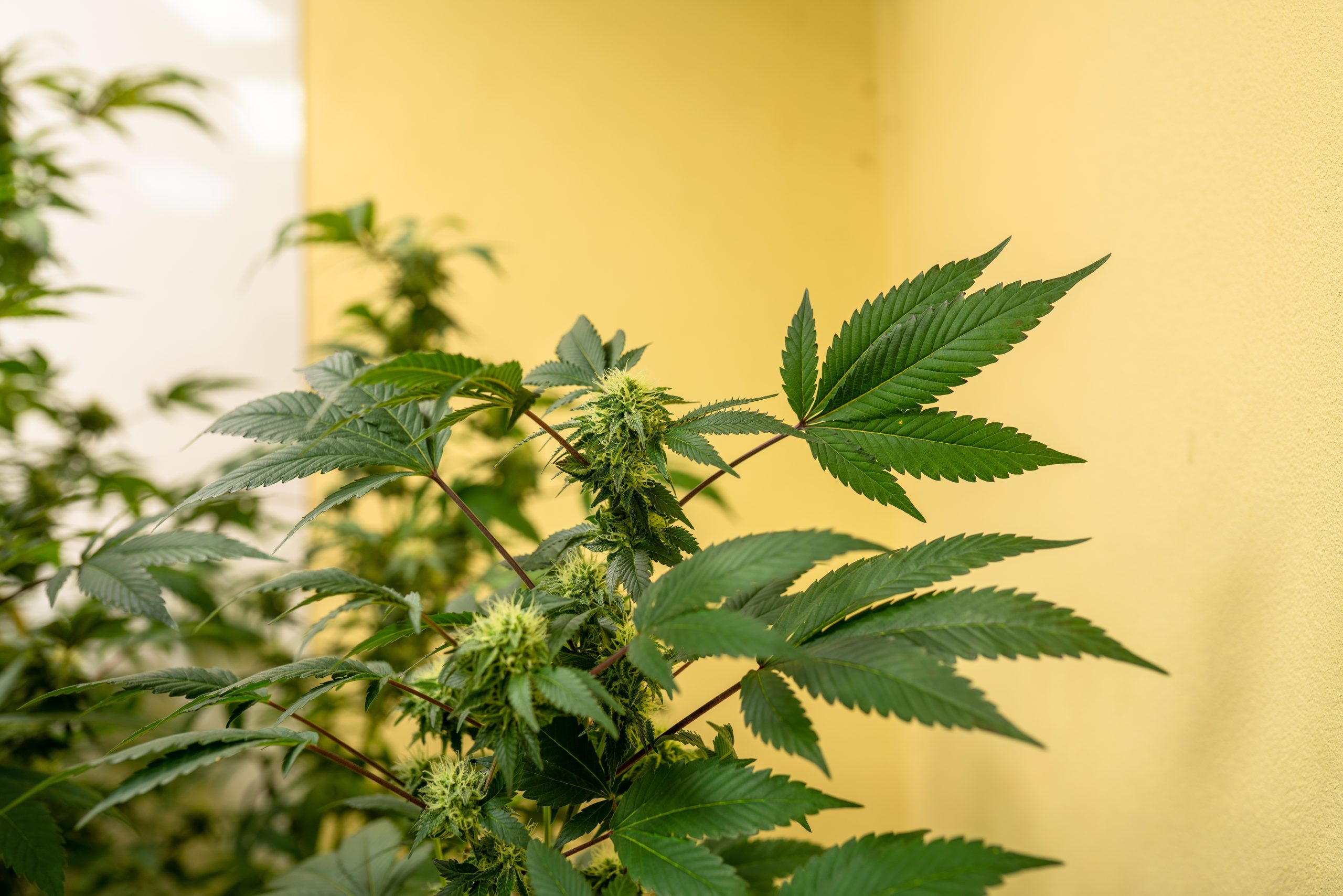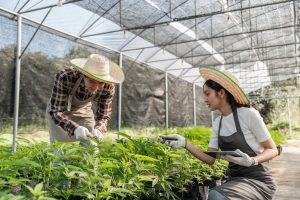As New York continues to expand its legal market, the cannabis license system is shaping how the industry grows and operates. Licenses determine who can cultivate, process, distribute, and sell cannabis across the state. For consumers, this system is essential because it guarantees that the products they find in dispensaries are safe, lab-tested, and regulated. Understanding how licensing works also helps explain why legal cannabis may look different from unregulated markets.
Types of Cannabis Licenses
The New York Office of Cannabis Management (OCM) oversees all licensing. Some of the most common cannabis license types include:
- Cultivation: Allows growers to produce cannabis plants.
- Processing: Permits turning raw flower into edibles, vapes, and concentrates.
- Distribution: Authorizes the transport of products between licensed businesses.
- Retail Dispensary: Grants permission for storefronts, like Orange County Cannabis Co., to sell directly to consumers.
- On-Site Consumption: Creates safe spaces where adults can legally enjoy cannabis in social settings.
For full details, you can visit the official New York State Office of Cannabis Management website.
Why Licensing Matters
A cannabis license isn’t just paperwork — it’s what ensures safety, equity, and accountability. Licensed products go through mandatory lab testing, giving customers confidence in their potency and purity. The licensing system also supports small businesses and social equity applicants, helping create a fairer industry.
At Orange County Cannabis Co., we are proud to operate under New York’s strict licensing framework. This means every product we carry is compliant, tested, and safe for our community.
When you shop at a licensed dispensary, you’re not just choosing a product — you’re choosing peace of mind. The cannabis license system protects consumers, supports local businesses, and builds trust in the legal marketplace. As New York’s industry grows, this framework will continue to shape how products are made, sold, and enjoyed across the state. For customers, that means more variety, stronger consumer protections, and the knowledge that each purchase contributes to a regulated and responsible industry.
👉 Want to learn more about the industry and safe shopping tips? Check out our blog for more insights from the OCC team.





